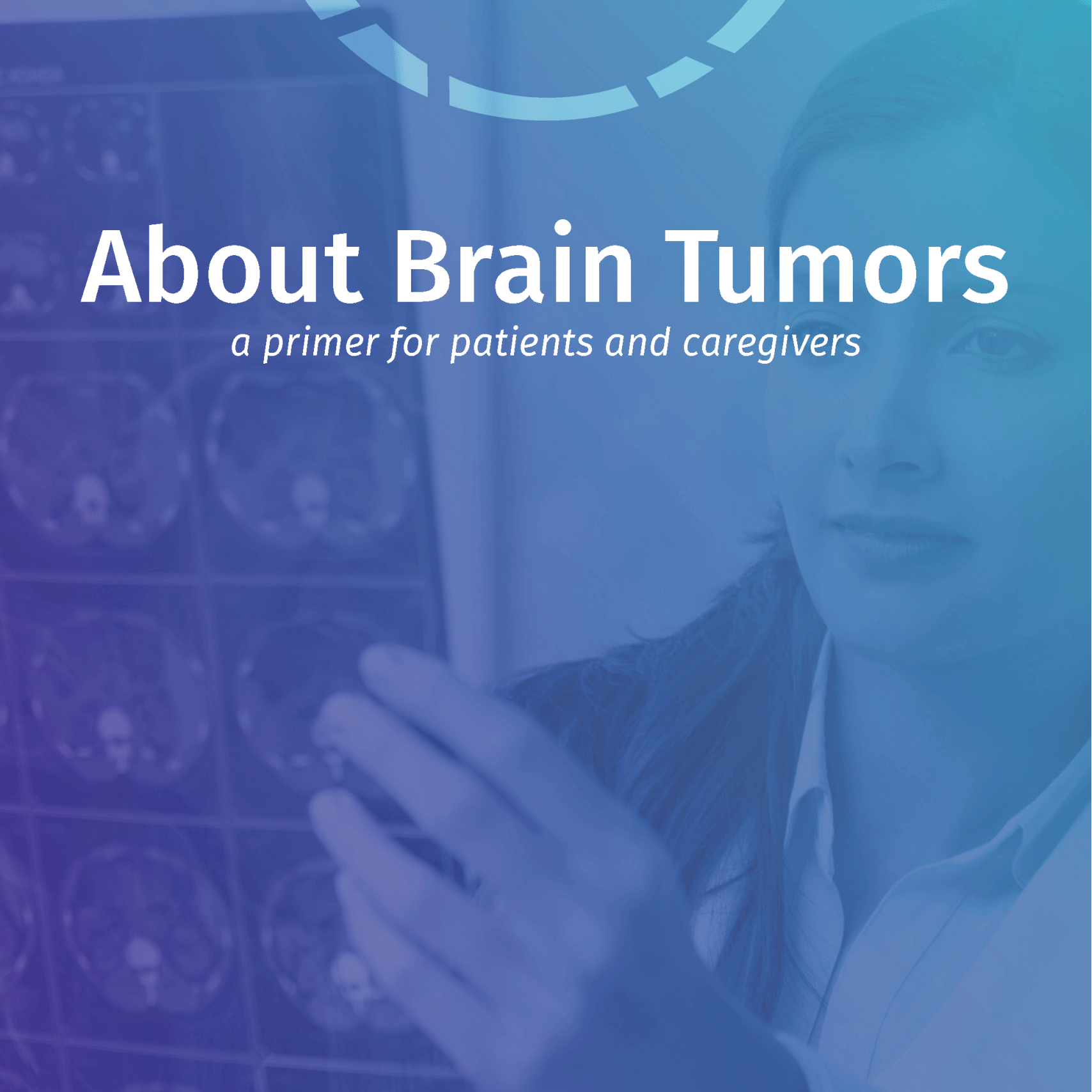Understanding the Collaborative Effort That Guides Your Treatment Plan
When you’re navigating a brain tumor diagnosis, you might hear your doctor mention a “tumor board.” But what is it, and how does it impact your care? Let’s pull back the curtain on the behind-the-scenes teamwork that happens during a tumor board discussion—and why it’s a vital part of creating the best treatment plan for you.
What Is a Tumor Board?
A tumor board is a meeting of medical experts from various specialties who come together to discuss complex cases. Each specialist brings their unique perspective to the table. The team may include:
- Neuro-oncologists: Experts in medical therapy and long-term care for brain tumor patients.
- Neurosurgeons: Specialists who perform brain tumor surgeries.
- Radiation Oncologists: Doctors who deliver targeted radiation therapy to the tumor.
- Neuropathologists: Experts who analyze tumor tissue to understand its type and behavior.
- Radiologists: Doctors who interpret imaging scans to identify and track tumors.
- Nurse Navigators: Healthcare professionals who provide education, support, and coordination of care.
During the board meeting, the team reviews imaging, biopsy results, and patient history to develop a treatment plan tailored to the patient’s needs.
How Does a Tumor Board Help Patients and Caregivers?
- Collaborative Expertise: With multiple specialists involved, you’re not relying on one person’s opinion. The tumor board combines knowledge to create a well-rounded plan.
- Personalized Care: Each patient’s unique situation is considered, including their medical history, current health, and personal preferences.
- Informed Decisions: By pooling resources, the board ensures you have access to the latest advancements in brain tumor care.
How You Can Be Involved in the Process
- Ask Questions: If your doctor mentions a tumor board, ask how your case will be presented and what feedback they expect to receive.
- Share Your Goals: Make sure your doctor understands your personal and family priorities. For example, if preserving cognitive function is critical, mention it.
- Stay Curious: Don’t hesitate to ask for a second opinion or to see a summary of the tumor board’s recommendations.
Caregiver Tips
- Take Notes: During discussions with the doctor, write down the tumor board’s suggestions to help the patient understand their options later.
- Facilitate Communication: If your loved one is overwhelmed, act as a liaison to ask questions and clarify recommendations.
A tumor board is not just about the medical team—it’s about you, the patient. By understanding its role and sharing your input, you’re an active participant in your care.
This information was from a presentation from the ABTA National Conference, the ABTA’s flagship educational program that is a yearly event and is the nation’s largest educational brain tumor conference. You can attend in-person in Chicago and also virtually. Learn more: https://www.abta.org/national-conference/

























